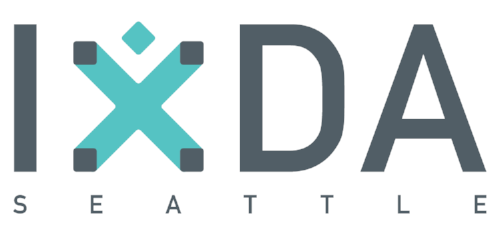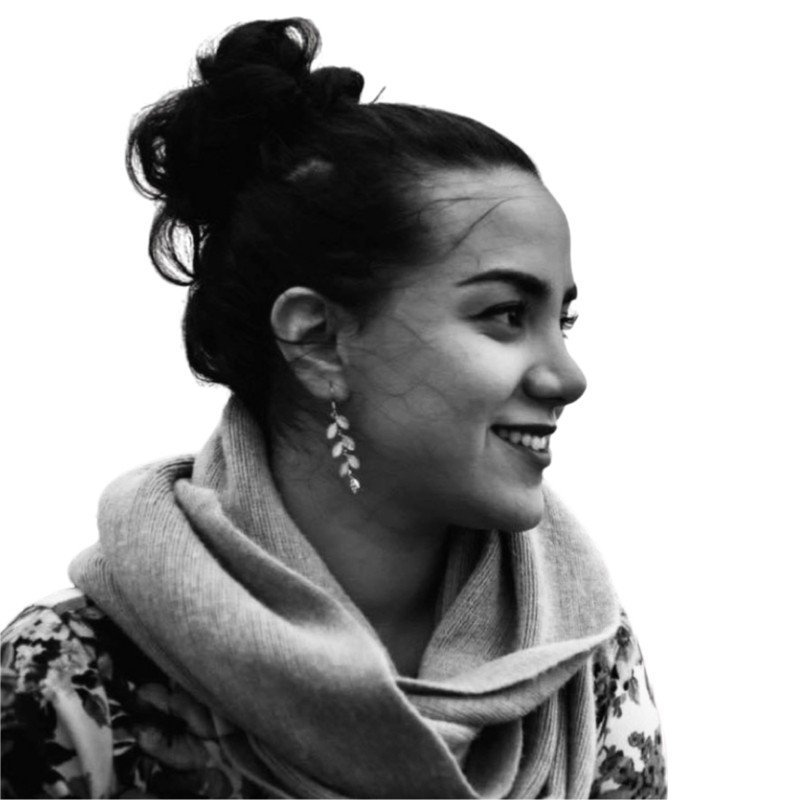Seattle Community Spotlight: Interview with Sayena Majlesein
Sayena’s Headshot
Tell us who you are:
Hi, I'm Sayena, an Iranian immigrant, based in Seattle, WA. With a bachelor’s degree in computer science from Shahid Beheshti University and a master’s degree in human-computer interaction and design from the University of Washington, my goal is to improve people’s lives by applying creative problem-solving approaches. Additionally, I’m passionate about sharing my skills and knowledge through writing articles, being an active member of social media platforms, and offering mentorships to Iranian women, as all of these skill-sharing methods provide me tons of opportunities to learn and grow.
What initially sparked your interest in design? Were there any specific experiences or influences that inspired you?
My interest in design was sparked by a combination of my background in computer science and a desire to bridge the gap between technology and user experience. During my undergraduate studies in Computer Science at Shahid Beheshti University, I became increasingly intrigued by how technology can be harnessed to create intuitive and user-friendly interfaces. This curiosity led me to explore the field of Human-Computer Interaction (HCI) during my Master's degree at the University of Washington. One particular experience that strongly influenced me was working on a project that aimed to improve the accessibility of software for individuals with disabilities. Seeing the impact that thoughtful design and inclusive principles could have on people's lives ignited my passion for design. I realized that design is not just about aesthetics but also about solving real-world problems and enhancing the human experience through technology.
What is something you’re passionate about right now?
In addition to skill-sharing, one of my main passions is to use art and interaction design to create inclusive experiences and amplify the voices of marginalized groups and those in need. Recent weeks have seen a surge of protest art in Iran, triggered by the tragic death of Mahsa Amini, a young woman killed on September 16 by the morality police for breaching the Islamic Republic’s dress code for women. Since then, civil unrest has grown in more than 80 Iranian cities, with calls for justice as well as personal and political liberties, not to mention hundreds of arrests and violence against protesters, especially young women and children. Amid these protests, artists and designers have played an important role in bringing their messages creatively to the fore.
How does this impact you as a creative?
Similar to many of my fellow Iranian designers, artists, and tech experts, I have been using my creative skills to bring attention to social injustice, social media censorship, violence, and the situation in Iran. Designers are storytellers and I do my best to tell the stories of those who have lost their lives and those who need our help.
What challenges have you encountered along the way, and how have you overcome them?
Throughout my career in both startups and at my current role, I've faced several challenges, each of which has contributed to my growth as a design leader. One significant challenge was adapting to the fast-paced and ever-changing environment of startups, where resources were limited, and the need for quick iterations was constant. This required me to be agile, prioritize effectively, and make the most of available resources to deliver quality design solutions. Transitioning to a larger organization posed its own set of challenges, such as aligning with a larger team and navigating complex processes. To overcome this, I focused on effective communication and collaboration, ensuring that design was integrated seamlessly into the product development process. Mentoring Iranian women in design has also been rewarding but presented its own challenges, such as addressing cultural and societal barriers. I've worked to create a supportive network and provide guidance to help these aspiring designers overcome these obstacles and pursue their dreams.
Are there any particular design principles or philosophies that guide your work? How do they influence your decision-making process?
I am guided by several key principles and philosophies: a. User-Centered Design:
Placing the needs and preferences of users at the forefront of the design process is fundamental. I conduct user research and usability testing to ensure that our designs align with user expectations and provide a seamless experience.
Inclusivity and Accessibility: I firmly believe in designing for all users, regardless of their abilities or backgrounds. Ensuring that our products are accessible to everyone is not only ethically important but also makes good business sense.
Iterative Design: Embracing an iterative approach allows for continuous improvement. We learn from user feedback and iterate on designs to make them better over time.
Simplicity and Clarity: I strive for simplicity in design while maintaining clarity. Clean and intuitive interfaces reduce cognitive load and enhance the user experience.
Cross-Disciplinary Collaboration: Collaboration between designers, engineers, and other stakeholders is crucial. By fostering open communication and cross-disciplinary collaboration, we can create holistic and effective solutions.
These principles influence my decision-making process by serving as a compass for evaluating design choices, resolving conflicts, and ensuring that our products meet both user needs and business objectives. They help maintain a consistent and user-centric approach to design across all my projects.
What can we do to support the Iranian community?
Be their voice: Due to massive internet blackouts in Iran and the Islamic Republic severely limiting social media access, international awareness of these protests has been slow to spread. If you do one thing to provide help to the protests in Iran, let it be this—talk about it. Ask questions and educate yourself. Hold social media platforms accountable for their censorship and biased content moderation to help amplify the voices of those in need.
Use your political power: You can find out who your elected officials are by visiting house.gov/representatives and senate.gov. Contact your representatives through a written email, or by calling their local elected official’s office and ask them to:
Demand the UN’s “Commission on the Status of Women” to summon the commission’s Iranian representative and hold them accountable for crimes against women/children and terminate the Islamic Republic’s membership from the commission.
Forcefully and unequivocally demand the release of all prisoners of conscience in Iran.
Do not negotiate or sign any deal with the Islamic Republic of Iran.
Designate the ambassadors or other representatives of the Islamic regime in your countries.
Donate:

